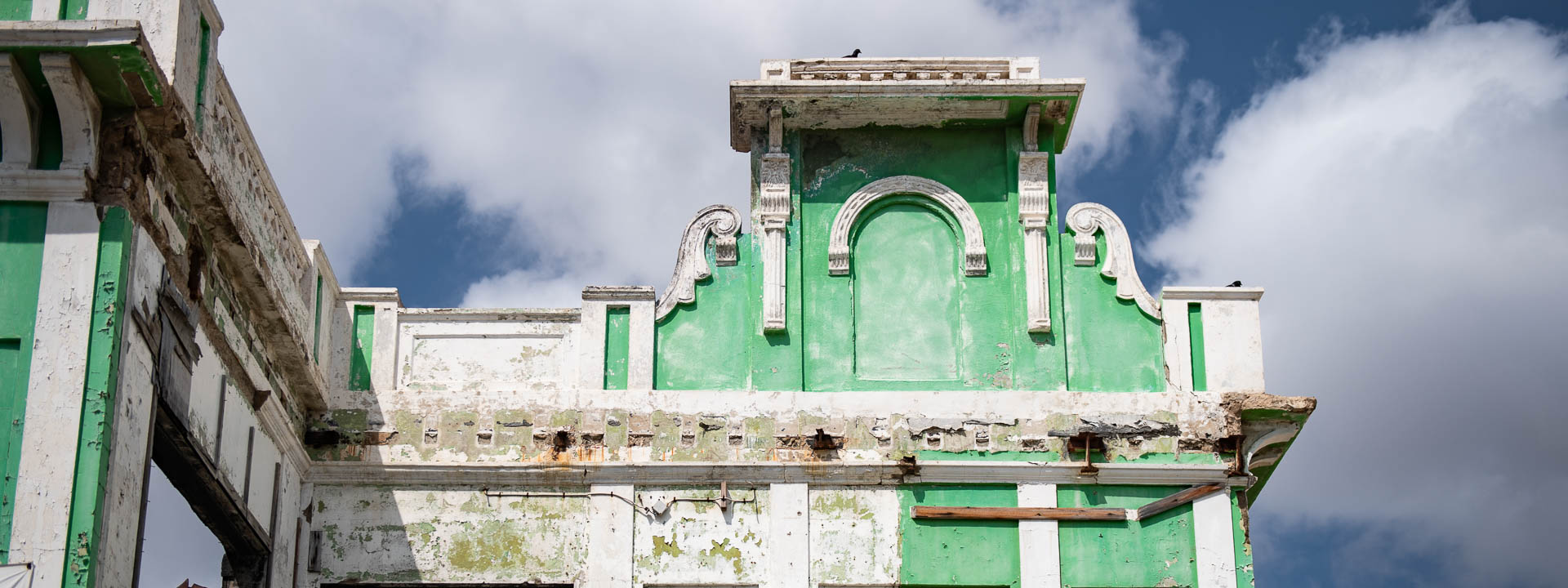Very recently, on 29 May 2019, the parliament of Aruba voted in favour of introducing two new and modern laws: the introduction of a revised book 2 of the Aruban Civil Code (Boek 2 van het Burgerlijk Wetboek) as well as the introduction of the Procurement Ordinance (Aanbestedingsverordening). The introduction of the revised book 2 of the Aruban Civil Code includes significant changes in the field of corporate law, and with this revision the Aruban Civil Code is now more comparable to the Civil Code of the other countries within the Kingdom of The Netherlands. We will inform you regarding these changes in our next contribution.
The introduction of the Procurement Ordinance marks a significant change as well and Aruba is now the second country (together with Curacao) within the Caribbean Netherlands that has up to date legislation in place regarding public procurement. In this article we will further elaborate on these changes and identify opportunities for businesses on Aruba.
Please note that the modernized legislation has not yet entered into effect. This is however expected shortly by means of official publication.
Public procurement
Public procurement (Aanbestedingsrecht) is defined as the rules, processes and procedures that apply to the “purchase” of goods, services or works. Based on the principle that governments, governmental agencies and sometimes even government owned businesses should ensure that every purchase reflects the best price (and or price-quality ratio) and that all suppliers get an equal chance, rules and principles are defined that should ensure equal opportunities to enter into a contract.
Based on the consideration of different factors (the main factor being the value of the contract), different tender procedures are available in order to select a supplier for the contract and ensure the best value for money.
Worldwide and regional developments
The worldwide public procurement legal framework has developed significantly since 1992. The European Union has introduced several directives that apply in EU member states that ensure equal chances and opportunities for European companies. Because Aruba is not an EU member state, these directives do not apply in Aruba.
The EU directives include a very elaborate framework for the application of tender procedures and the specification of the issues that should be taken into account based on the general principles of good procurement, such as equal treatment, non-discrimination, proportionality and transparency. The EU Directives have developed in a detailed framework for tender procedures and The European Netherlands have implemented these Directives by means of the Procurement Act (Aanbestedingswet) in 2012.
Curacao has introduced procurement legislation by means of the Procurement Decree (Landsbesluit Aanbestedingsregels) on 23 January 2018. This decree provides for a detailed application of the obligation to use a tender procedure based on the Financial accounting Ordinance (Landsverordening Finnancieel Beheer) and provides for standardized procurement procedures and the application of the general principles of good procurement.
Aruba is a party to the Government Procurement Agreement (GPA). The GPA is e treaty that provides a kind of procurement framework, that however only applies to tender procedures over a certain threshold (approximately AWG 257.000 for goods and services and AWG 10,28 million for works) and as a result the (general) provisions of the GPA do often not apply.
Aruba Procurement Ordinance
Aruba has approved the Procurement Ordinance, that should enter into effect on a date to be determined. The Procurement Ordinance applies to procurement of the Country, including its Ministeries, the parliament, the Advisory Council (Raad van Advies) and the Court of Auditors (Algemene Rekenkamer) as well as public companies (landsbedrijven). According to the explanation of the Procurement Act, only the Public Services Authority (Dienst Openbare Werken) is considered a public company. Thus, the Procurement Ordinance does not apply to companies in which the Country of Aruba holds shares.
Apart from some general exceptions (lease agreements, public safety services, loans etc.) a tender procedure needs to be organized in order to select a company that either provides the lowest price bid or the best bid in terms of quality and price. A public tender is required for contracts with a value of more than AWG 200.000. For smaller contracts (between AWG 25.000 and AWG 200.000) a tender procedure with a limited number of selected candidates (minimum of three candidates) can be applied. A contract with a value below AWG 25.000 can be directly negotiated with one party.
During the tender procedures the general principles of good procurement need to be taken into account which includes amongst others that the selection criteria and the procedure to determine the best bid need to be published. This provides a level playing field for all candidates in a tender procedure.
After selection of a candidate with the best offer, a waiting period of 30 calendar days needs to be taken into account, during which the other candidates can submit objections (through civil proceedings) at the court. If this waiting period is not taken into account, the contract with the winning candidate is subject to annulment.
Conclusion
Aruba is the second country to introduce procurement legislation in the Caribbean. This legislation contributes to more transparency in tender procedures and the spending of “public” money, also providing a better value for money through more transparent and open tender procedures.
The procurement legislation also provides for more transparency and a better overview of the tender procedures. Companies are therefore better equipped to participate in these tender procedures, providing more opportunities to provide their services.











